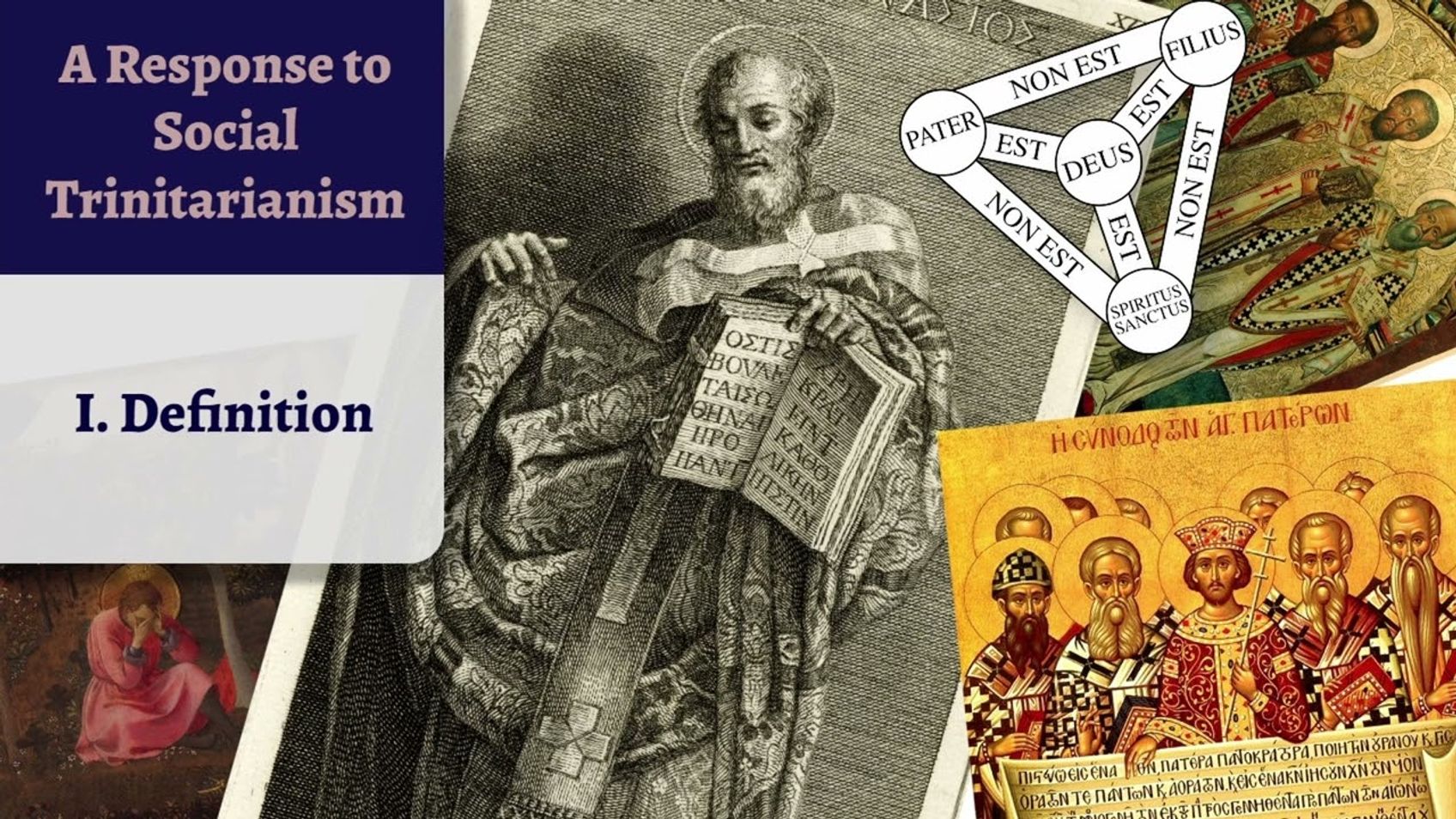A Response to Social Trinitarianism: I. Definition

Appeal is often made to the doctrine of the Trinity, yet confusion prevails concerning historic Christian orthodoxy's teaching on the subject and how it squares with the biblical witness. Within this series, I will present a critique of the family of positions referred to as 'social Trinitarianism', where many of these areas of confusion are to be found.
If you are interested in supporting my work, please consider becoming a patron on Patreon (https://www.patreon.com/zugzwanged), donating using my PayPal account (https://bit.ly/2RLaUcB), or buying books for my research on Amazon (https://www.amazon.co.uk/hz/wishlist/ls/36WVSWCK4X33O?ref_=wl_share).
You can also listen to the audio of these episodes on iTunes: https://itunes.apple.com/gb/podcast/alastairs-adversaria/id1416351035?mt=2.
More From Alastair Roberts
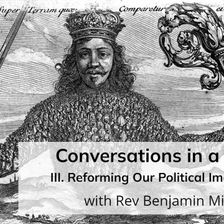
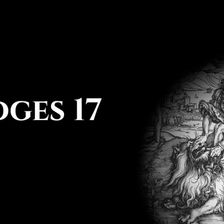
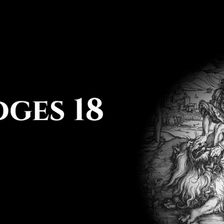
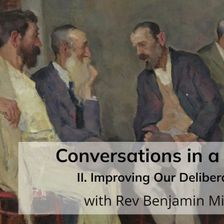
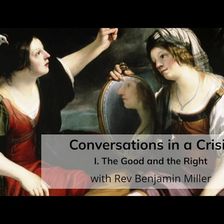
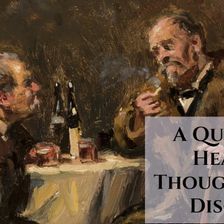
More on OpenTheo















